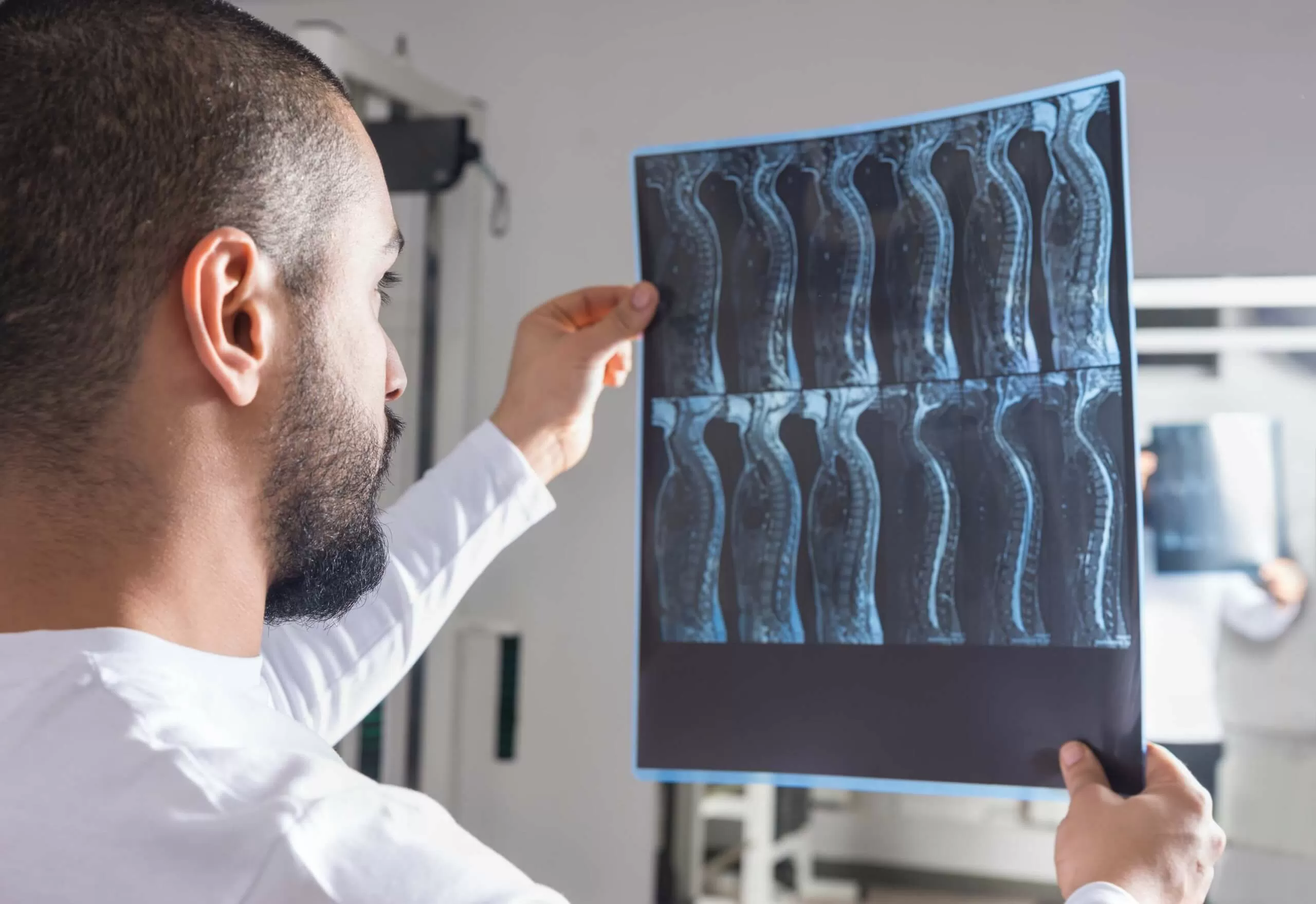Something to look forward to: Intel has just announced that it is partnering with Brown University to help solve one of the most perplexing medical conditions of all — spinal cord injury.

Researchers at Brown University and Intel have proposed that they may be able to use artificial intelligence to help those with spinal cord injuries regain movement. The "Intelligent Spine Interface" project is a DARPA-backed initiative that proposes using AI to restore movement and bladder control in patients with paralyzing injuries.
The 2-year program will involve capturing motor and sensory responses from the nervous system. Surgeons will then implant electrodes on the spinal cord above and below the injury called an "intelligent bypass." Intel-built neural networks with then use the data gathered to learn the signals for passing along motor responses through the bypass. The AI will hopefully be able to communicate and restore functions through the severed nerves.
There is no guarantee that the research will yield positive results. However, scientists are optimistic that it will, at the very least, lead to new insights into spinal cord injuries and possibly how to treat them.
"During the two-year program, researchers will record motor and sensory signals from the spinal cord and use artificial neural networks to learn how to stimulate the post-injury site to communicate motor commands."
"A spinal cord injury is devastating, and little is known about how remaining circuits around the injury may be leveraged to support rehabilitation and restoration of lost function," said Brown University's Assistant Professor of Engineering David Borton. "Listening for the first time to the spinal circuits around the injury and then taking action in real-time with Intel's combined AI hardware and software solutions will uncover new knowledge about the spinal cord and accelerate innovation toward new therapies,"
Using AI in the medical field is becoming more common as neural networks and machine learning advances.
Google has developed an AI that can predict heart disease, as has Apple with its Watch. The University of California at Berkley has engineered a system that can detect early signs of Alzheimer's in brain scans. And Nvidia has AI technology that can improve medical imaging scans. Moreover, one study by the University of Indiana has even shown that AI can make better medical decisions than doctors in about 50 percent of cases.
Intel's and Brown's research, if successful, would be an earth-shattering discovery that would change the lives of millions of paralyzed patients. We'll have to see where it ends up in two years.
https://www.techspot.com/news/82192-intel-looking-use-neural-networks-repair-spinal-cord.html